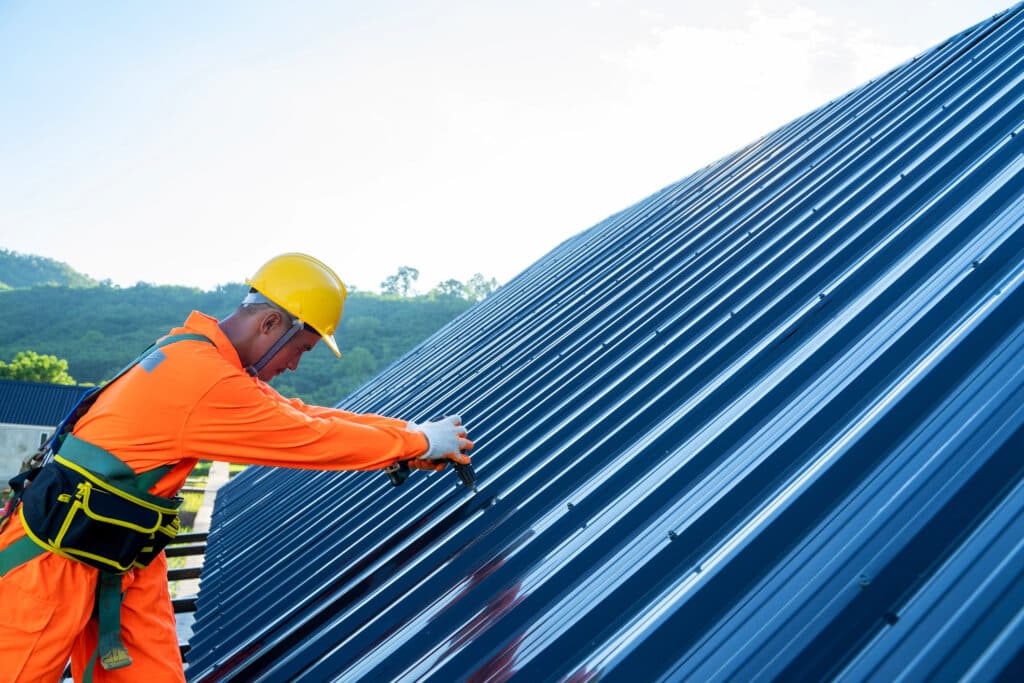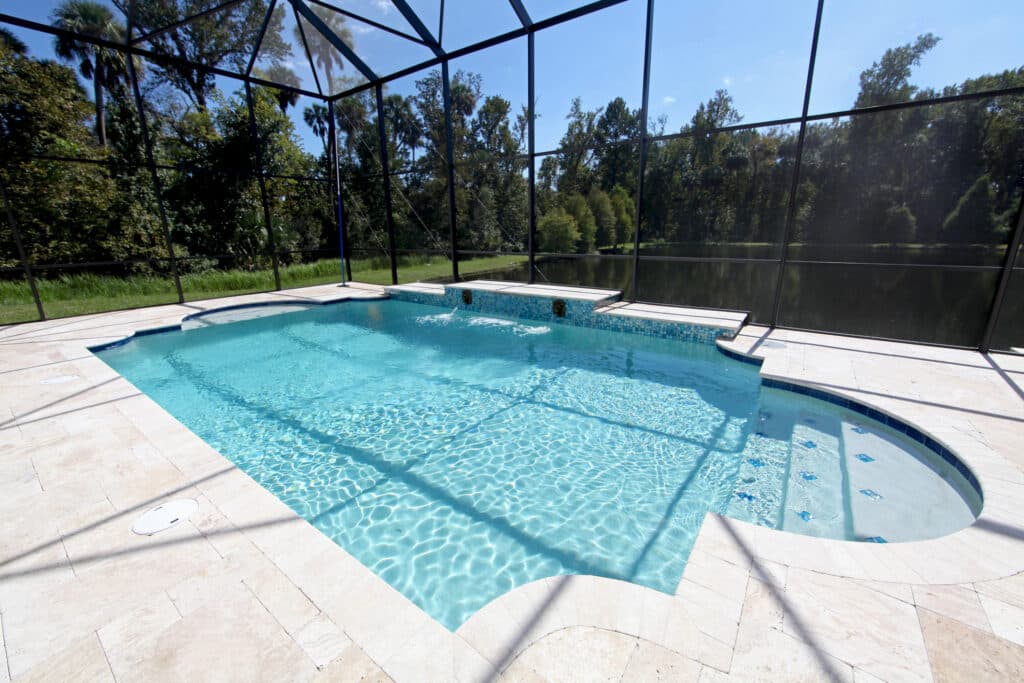Post-Hurricane Pool Recovery: Why Immediate Action Matters
Hurricanes are a part of life for many coastal residents, especially in areas like Tampa, Southwest Florida, and Augusta. These powerful storms can wreak havoc on homes, businesses, and outdoor structures. Your pool is no exception. While pool repair may not be the first thing on your mind in the aftermath of a hurricane, prompt pool repair cannot be overstated. This guide highlights the importance of prompt pool repair following a hurricane and why it should be a top priority for homeowners in affected areas.
Hidden Risks of Delayed Pool Repair
While the visible damage caused by a hurricane can be overwhelming, it's the hidden risks that often pose a greater threat to homeowners. This is especially true for pools, which may sustain damage that isn't immediately apparent. The following are some of the hidden risks associated with delayed pool repair after a hurricane:
Structural Damage
Hurricanes are known for their strong winds and heavy rains, which can severely damage pool structures. From broken tiles and loose coping to cracked walls and collapsed decks, the impact of hurricane-strength winds and water on a pool can be devastating. This damage affects not only the aesthetics of your pool but also poses major safety concerns. A damaged pool structure creates a hazardous environment, increasing the risk of accidents like slips and falls, cuts from sharp edges, or even drowning.
Chemical Imbalances
Heavy rains during a hurricane can dilute the chemicals in your pool, throwing off its balance and creating an environment that is not safe for swimming. This imbalance can lead to issues such as cloudy water, algae growth, and potentially harmful bacteria. The storm can also introduce harmful chemicals to the pool water, such as cleaning agents from surrounding structures or oil and gas from flooded roads. Delaying pool repair allows these contaminants to linger in the water, increasing the risk of skin irritation, respiratory problems, and other health issues.
Electrical Hazards
Pools require electricity for pumps and other equipment to function properly. Unfortunately, severe weather like hurricanes can cause damage to electrical systems, creating potential hazards around the pool. From exposed wires to damaged circuit breakers, these issues can lead to electrocution and fires. Timely pool repair can mitigate these risks and ensure your pool is safe for use.
Public Health Concerns
Standing water from a damaged pool can become a breeding ground for mosquitoes, posing serious health risks for the surrounding community. As carriers of diseases like Zika and West Nile virus, mosquitoes are not to be taken lightly.
Additionally, if the pool is not properly treated and maintained, it can become a source of waterborne illnesses such as cryptosporidiosis (which can cause stomach pains, nausea or vomiting, low-grade fever, and loss of appetite) and giardiasis (that can cause bloating and gas, stomach cramps, nausea, and fatigue).
Importance of Timely Pool Repair
The longer you wait to address issues with your pool, the more severe and costly they become. Here are some reasons why swift action in pool repair is crucial:
Save Money
The cost of pool repair after a hurricane can quickly add up, but the longer you wait to address the damage, the more expensive it can become. What may have been a minor crack or loose tile can escalate into major structural damage if left unattended.
Ensure Safety
A damaged pool poses a safety risk for anyone using it. From small children to adults, everyone is at risk of injury when a pool's structural integrity is compromised. By promptly repairing any damages, you're ensuring the safety and well-being of yourself and others who may use your pool.
Prevent Further Damage
The longer a damaged pool remains neglected, the more damage it can sustain. For example, small cracks in the pool's structure can widen if water continues to seep through. Chemical imbalances can also lead to problems like equipment corrosion.
Post-Hurricane Pool Care Steps
Now that you understand the importance of swift pool repair after a hurricane, here's a checklist to help ensure your pool is safe and ready for use once the storm has passed:
- Ensure safety: Before approaching your pool area, ensure there are no downed power lines or electrical hazards. If you spot any, contact your local utility company immediately.
- Remove debris: Carefully remove large debris such as branches, leaves, and any objects that may have blown into the pool. Use a pool net or rake for this task, being mindful of any sharp or hazardous materials.
- Drain excess water: If your pool has overflowed, use a submersible pump to remove excess water. Aim to bring the water level back to normal, typically in the middle of the skimmer opening.
- Assess the extent of damage: Inspect your pool's structure, including the deck, tiles, and coping. Look for cracks, chips, or loose materials that may need repair.
- Secure the pool: Depending on the severity of the damage, you may need to secure your pool to prevent debris from getting in and causing further damage. This can include using a cover or draining the pool if necessary.
- Call a professional: It's best to have a professional pool repair company inspect your pool for any hidden damage that may not be immediately apparent. They can also advise on the necessary repairs and provide an estimate for the cost.
- Establish preventive measures: Consider what steps you can take to better protect your pool during future storms, such as installing a stronger pool cover or upgrading to hurricane-resistant pool equipment.
The importance of prompt pool repair following a hurricane cannot be overstated. Quick action not only preserves the value of your investment but also protects the health and safety of pool users. The comprehensive approach to post-hurricane pool recovery, from immediate debris removal to long-term preventative measures, ensures that your pool remains a source of enjoyment rather than a burden. Remember, when it comes to pool repair after a hurricane, time is of the essence.


